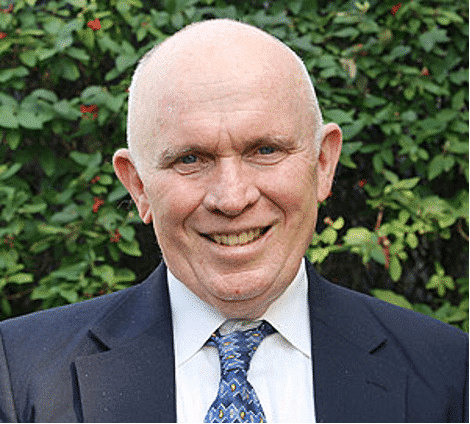Gaining Traction for Climate Change Ethics

Who is Donald Brown?
Donald Brown is a Scholar in Residence for Sustainability Ethics and Law through Widener’s Environmental Law and Sustainability Center. In 2019, Dr. Brown received the UNESCO Avicenna Prize for Ethics in Science. For over 25 years, Dr. Brown has written about and lectured extensively on climate change, ethics, and sustainability. He is a world-renowned expert in environmental science and more specifically in the international climate change ethics movement. His recent book Climate Change Ethics: Navigating the Perfect Moral Storm (2013) provides an influential analysis of why ethical principles have been neglected.
Quick Overview
What amazes Dr. Brown, who has a diverse background in education, law, ethics, science, and engineering, is how ethical issues have been largely ignored by countries, neglected in higher education, and missed by the public and even the environmental community. He believes that climate change, more than any other environmental problem, demands governments to see it and respond to it as an ethical matter. Whereas two critical principles have been agreed upon in international agreements, the precautionary principle and the no-harm principle, scientific uncertainty has been used as an excuse for inaction. Dr. Brown reveals more details on the disinformation campaign and the situation in the United States. He also gives suggestions on the way forward with the Earth Charter.
Questions and Themes Addressed in this Episode
- What are the “ethical dilemmas of climate change?”
- A reflection and brief overview of the books:
– American Heat: Ethical Problems with the U.S. Response to Global Warming
– Climate Change Ethics: Navigating the Perfect Moral Storm - Reflections on the experience as part of the United States delegation to the United Nations negotiating process back in the 90s on climate change, biodiversity, and sustainable development issues, and comments on the moral leadership and ethics needed to address climate change.
- A personal opinion on the Earth Charter as a document and how it addresses climate change.
- Comments on the concepts of universal responsibility and common but differentiated responsibility.
Listen to this Episode
Duration: 1:02:29


